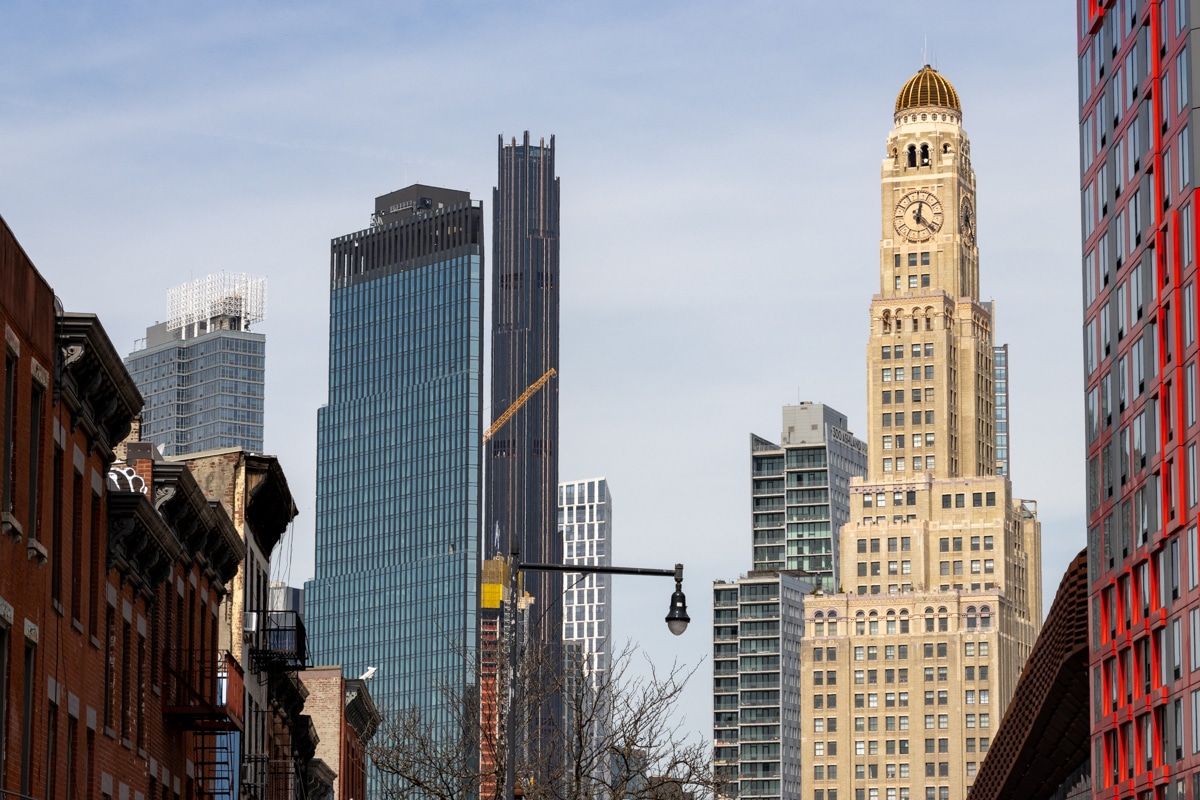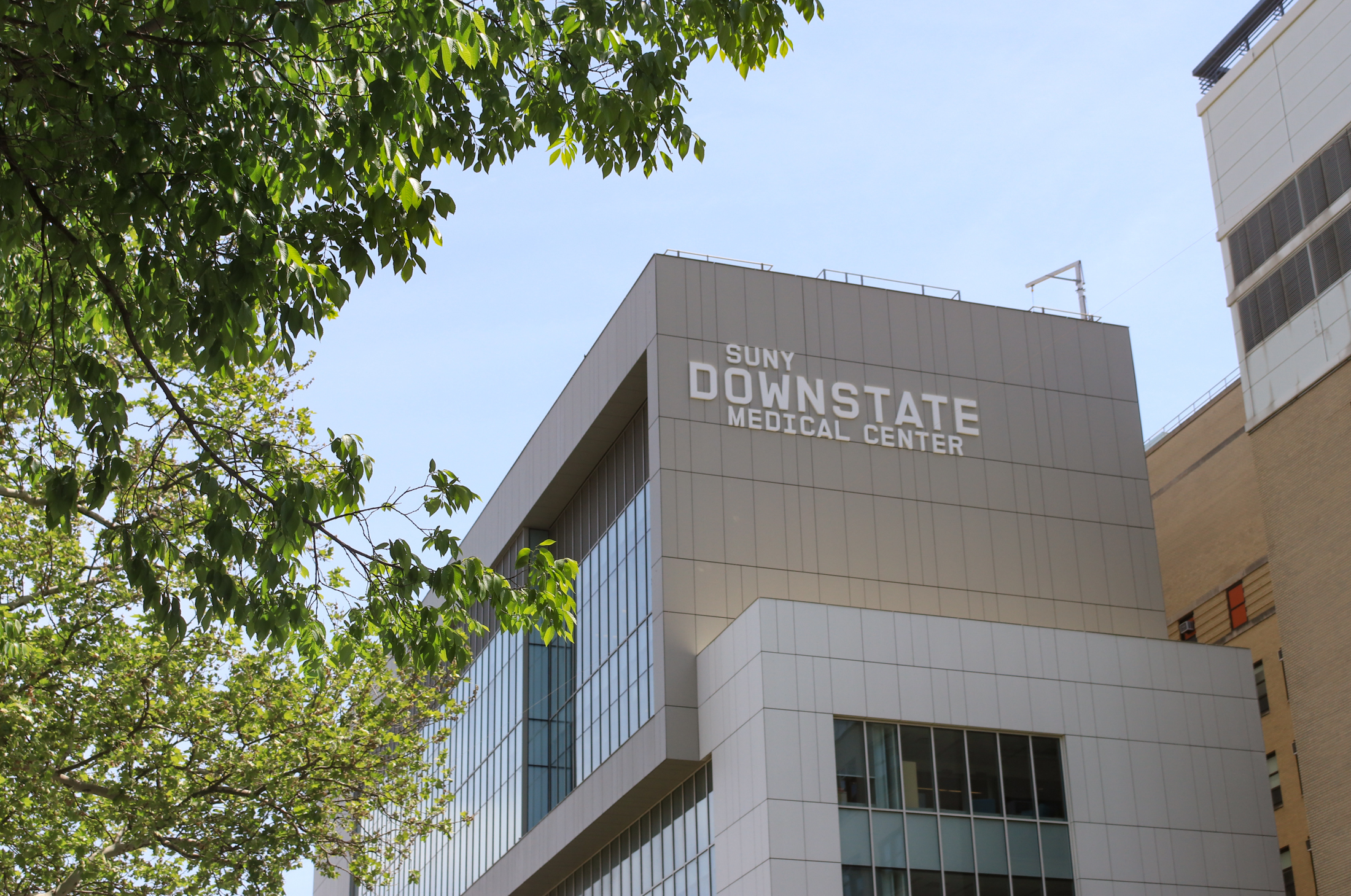Tuesday Links
Coney Island Beach. Photo by Frank Lynch Zillow.com Accused of Discrimination [NY Times] Sneak Peek at Coney Island’s Future [NY Post] It’s ‘Seller Beware’ in Housing [U.S. News] The Great Correction [Housing Bubble Blog] Restricted Supply Means Faster Return [Matrix] The Kids Pick Their Own Colors [Gates Reno] Sunset Park 1 BR for $1,375 [Brooklynian]…

Coney Island Beach. Photo by Frank Lynch
Zillow.com Accused of Discrimination [NY Times]
Sneak Peek at Coney Island’s Future [NY Post]
It’s ‘Seller Beware’ in Housing [U.S. News]
The Great Correction [Housing Bubble Blog]
Restricted Supply Means Faster Return [Matrix]
The Kids Pick Their Own Colors [Gates Reno]
Sunset Park 1 BR for $1,375 [Brooklynian]
The Unreality of Atlantic Yards [Metro]
Rental Renovations on the Rise? [Across the Park]









Bet the guys that wrote those articles on being bubble proof are long real estate out the wazoo
Great points. but I have to argue that all in all we’ve only seen cursory examples of a ‘bust’ in nyc. on the whole, the real estate market is either growing slowly or is stagnant.
I’m not sure if you can say anything definitive about the nyc real estate market. One week the brokers are expecting their pink slips, the next they’ve regained their arrogant swagger. No one really knows for sure. There’s talk that the ‘quality’ open houses are still packed. Sure, it’s not like the heyday of last year but I don’t see those brokers biting their nails out of impending economic distress yet.
I’m sorta on the sidelines because I want to buy but there’s a little too much uncertainty for me. Wish I had a crystal ball. But I’m still keeping my eyes peeled in case a great deal comes my way.
I just thought it interesting because I saw that article on nyc being a bubble proof article in several sources yesterday. I thought for sure that mr brownstoner would have posted a link to it. but as usual, his postings are always geared towards the ‘negative’ news lines regarding the housing market.
So I just wanted to throw in an alternate viewpoint.
Great point about job growth in Boston and job losses lagging economic results. I didn’t look at it quite that way.
My personal viewpoint is that all of the world-class ancient cities (e.g., London, Paris, Rome, Venice) is expensive and carry a high rental and sales tag. Why should nyc be any different, as prominent as it is in world culture. Some look at the recent explosion of property values as being out-of-whack but maybe it’s just nyc maturing and coming into its own and it’s reached the tipping point where it is no longer (or will ever be) affordable.
4:15,
There’s also talk to the contrary…http://www.boston.com/realestate/news/articles/2006/10/28/downtown_condo_prices_fall_for_2d_quarter/?p1=MEWell_Pos5.
I think you missed my point that NYC is NOT bubble proof. What good is it to call a vest bullet proof if it won’t stop a bullet? I would agree that NYC is better insulated than most cities, but not impervious to economic distress.
Regardless of development constraints, present and future inventory of new residential construction is out of whack with population changes and appreciation (or the lack therof). It’s all over the city.
Which sectors of the economy is all that Boston income coming from if not consumer spending (HELOC’s), construction, real estate and mortgage brokering – AKA housing? Housing is down and will take those incomes with it. Job losses always lag economic results.
2:51, there’s some talk that Boston may be at the bottom of the the cycle and is currently on the rise.
I think the point that the author was making, which you missed, is that these five cities are better insulated in a declining market because incomes are rising and development is curtailed (geographic constraints, land-locked, zoning ordinances, etc). He states that Boston tops the list in wage increases and is slated to overtake all the other cities, with the exception of San Francisco, in terms of having the highest per capita income.
“CNNMoney.com says that nyc is a bubble proof market.
http://money.cnn.com/popups/2006/biz2/newrules_bubbleproof/5.html”
Not. The author states that “Income trends and development restrictions have made each of these top cities safe bets for investors.”
Realistically, consumer spending is trending down (this could mean jobs and Wall Street bonuses) and developments are sprouting up everywhere. Then, of all cities, Boston & L.A. are listed as 2 of the 5 bubble-proof cities? Are they serious? Boston’s prices are already -10%.
I think the zillow issue is furthered by the fact that in lower income areas it is more common to have shells next to newly renovated homes. If you have a block of brownstones and half are burnt out selling for $400k and the other half are renovated selling for $800k it’s going to be very difficult for a computer to accurately price them when the look the same in the city records.
Also, there is a greater chance that under the table cash transactions will take place in lower income areas so the on record price may be lower than what was actually paid.
Lastly, these areas are the targets for the wholesalers, the We Buy Homes guys who come in and offer prices far below market value to people who are in financial trouble. There are many people in low income areas who have equity in their homes but need money fast so they leave money on the table when they sell.
Do yoy ever think that it is the over infaated prices in the low-income areas thats the real problem.If you paid 200k 2-3 years ago for your home and some broker found a fool to pay 1.3 mil for the house next door 2-3 years later with no overall improvements in the area,what are you to use as a comp?These are also the homes going into default because of unrealistic ideas of what they can charge for rent.I don’t think that there is discrimination on the part of Zillow , but unrealistic expectations on the part of some owners.
CNNMoney.com says that nyc is a bubble proof market.
http://money.cnn.com/popups/2006/biz2/newrules_bubbleproof/5.html
never did look or pay attention before.
but just looked. interesting to see the comps. And the graph.
For my house estimate seemed fairly close considering their estimates don’t look at condition of prop, and other specifics (facing projects vs. on landmarked tree-lined block).